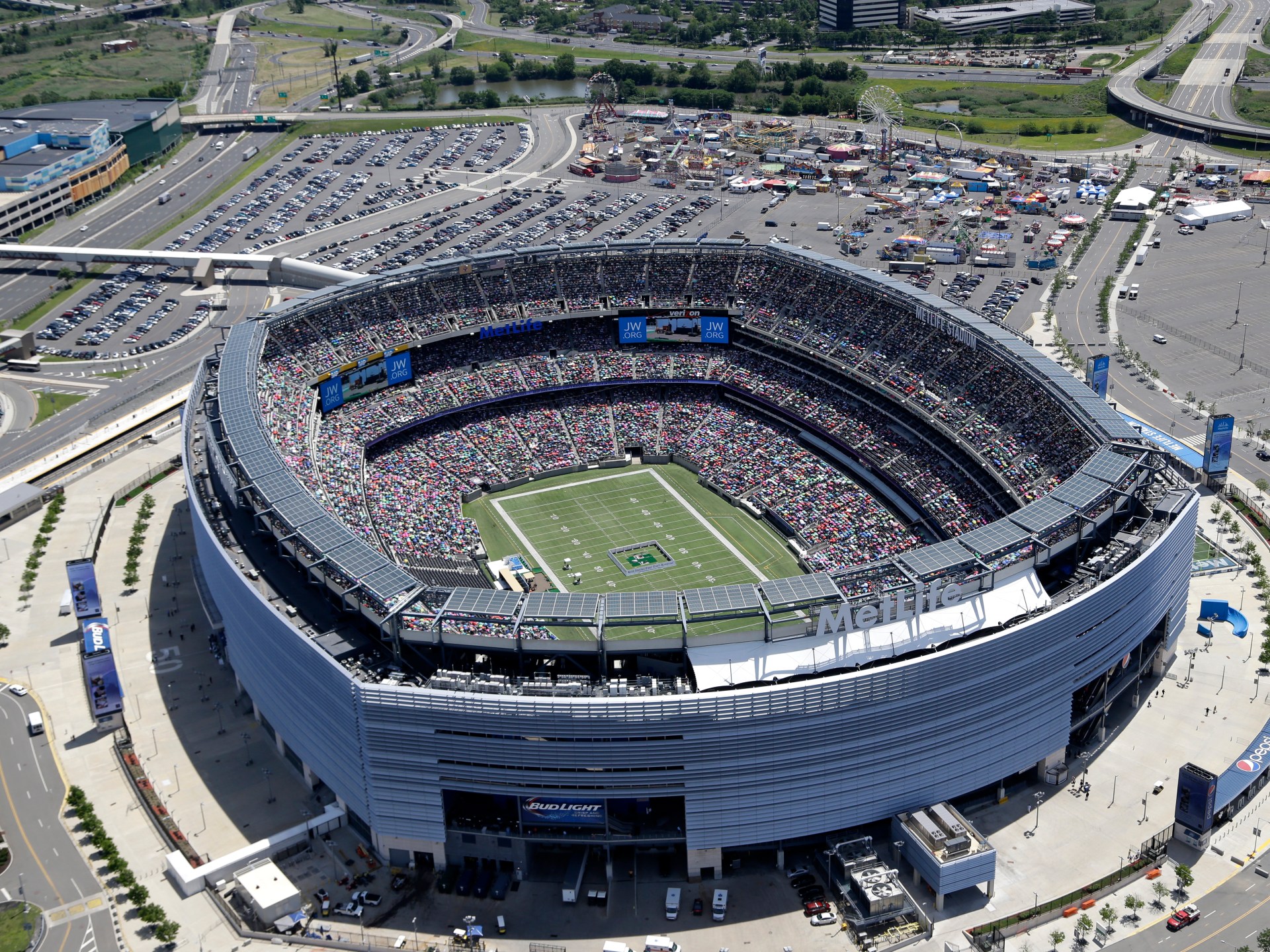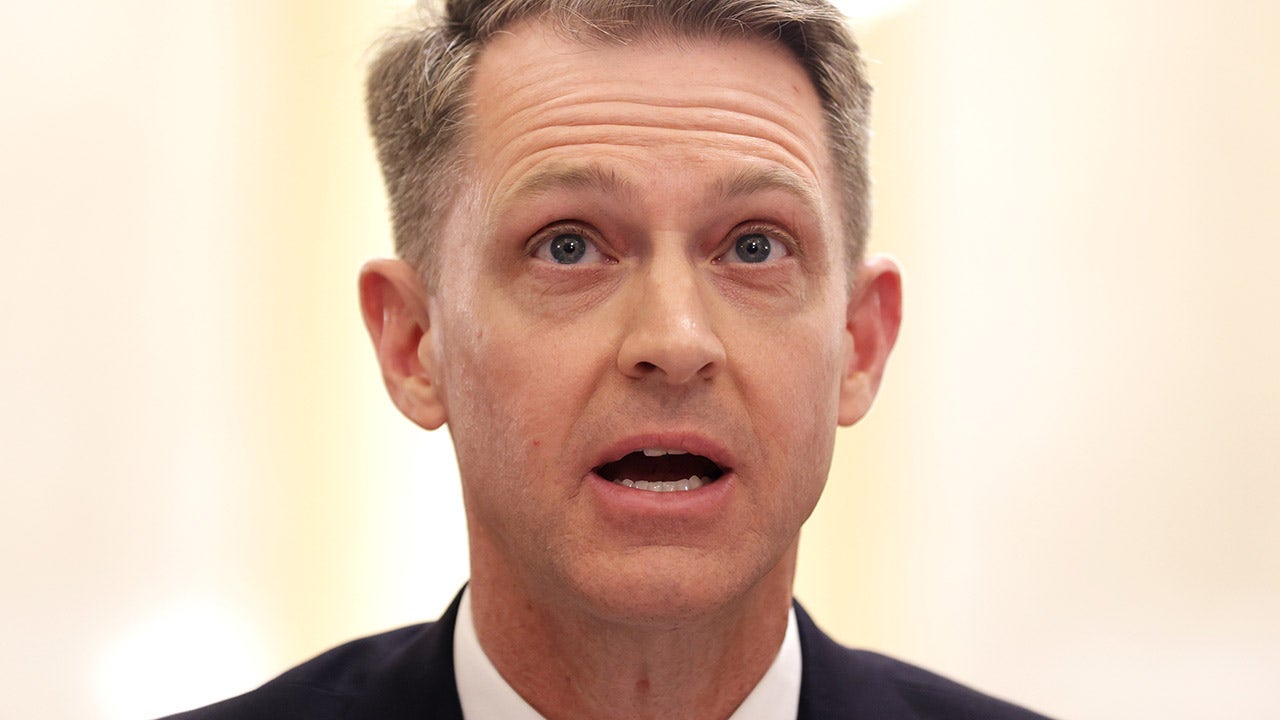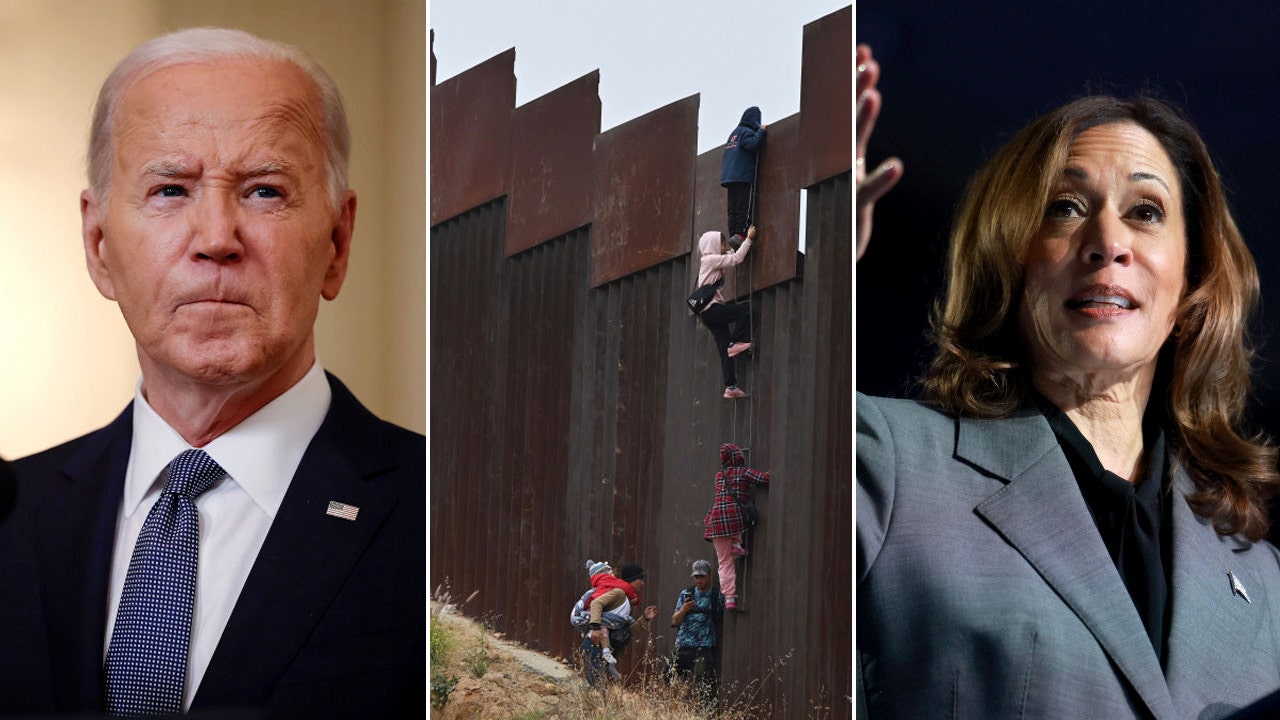World
Pope gets an earful from Belgian king and abuse victims over scandals and failures to respond
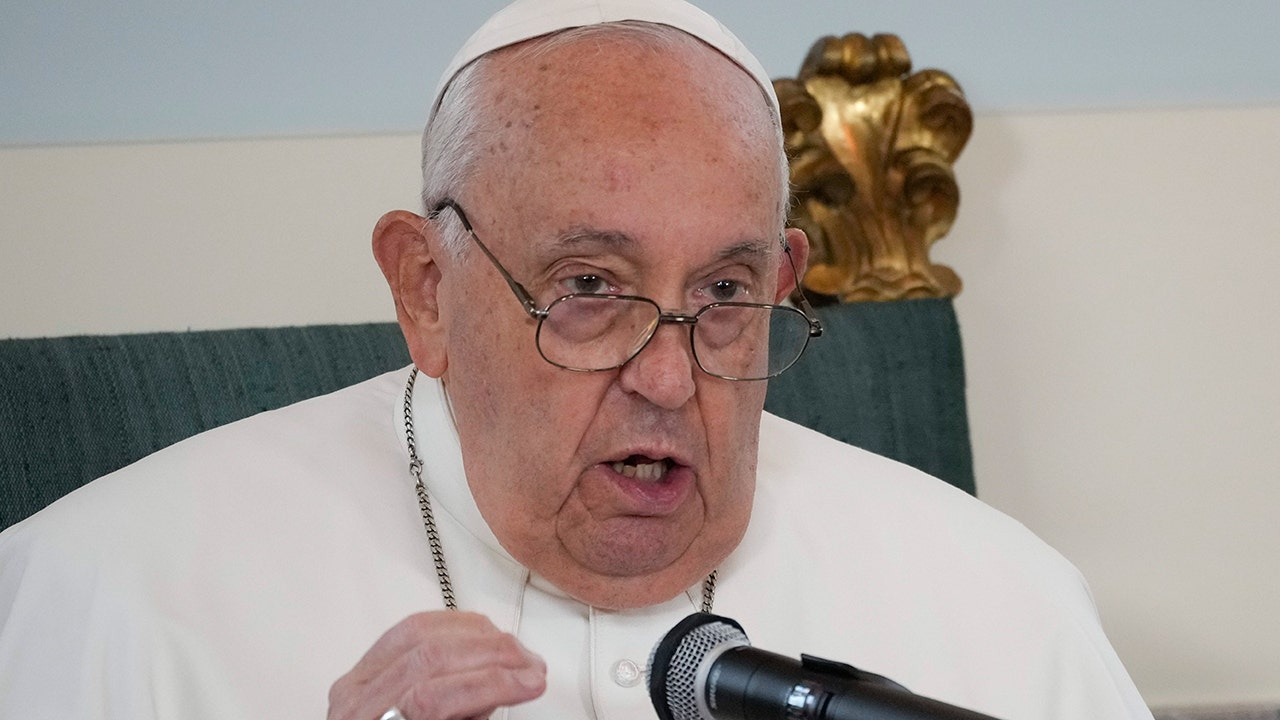
On a brutal day for Pope Francis, the king of Belgium, its prime minister and the rector of the Catholic university that invited him here all ripped into the institution he heads for a spectrum of sins: for covering up cases of clergy sex abuse and being far behind the times on embracing women and the LGBTQ+ community in the church.
And that was all before Francis met with the people most harmed by the Catholic Church in Belgium — the men and women who were raped and molested by priests as children. Seventeen abuse survivors spent two hours with Francis on Friday evening, telling him of their trauma, shame and pain and demanding reparations from the church.
ARGENTINA SEES DIPS IN POPULARITY IN POPE FRANCIS, NEW POLL FINDS
Through it all, Francis expressed his remorse, begged forgiveness and promised to do everything possible to make sure such abuses never occur again. “This is our shame and humiliation,” he said in his first public remarks on Belgian soil.
Francis has visited countries with wretched legacies of church wrongdoing before. He made a sweeping apology to Irish abuse survivors in 2018 and traveled to Canada in 2022 to atone for the church-run residential schools that traumatized generations of Indigenous peoples.
Pope Francis delivers his message during a meeting with the authorities and the civil society in the Grande Galerie of the Castle of Laeken, Brussels, Friday. (AP Photo/Andrew Medichini)
But it is hard to think of a single day where the leader of the 1.3-billion strong Catholic Church had been subjected to such strong, public criticisms from a country’s highest institutional figures — royalty, government and academia — over the church’s crimes and its seemingly tone-deaf responses to the demands of today’s Catholics.
Luc Sels, the rector of Leuven Catholic University, the 600th anniversary of which was the official reason for Francis’ trip to Belgium, told the pope that the abuse scandals had so weakened the church’s moral authority that it would do well to reform if it wants to regain its credibility and relevance.
“Wouldn’t the church be a warmer place if women were given a prominent place, the most prominent place, also in priesthood?” Sells asked the pope.
“Wouldn’t the church in our region gain moral authority if it were not so rigid in its approach to gender and diversity issues? And if it did, like the university does, open its arms more to the LGBTQ+ community?” he asked.
The comments certainly reflected the views of European social progressives. But they also reflected the reform-minded church that Francis has embraced, to a degree, in seeking to make the universal church more relevant and responsive to Catholics today.
The day began with King Philippe welcoming Francis to Laeken Castle, the residence of Belgium’s royal family, and citing the abuse and forced adoption scandals in demanding the church work “incessantly” to atone for the crimes and help victims heal.
He was followed by Prime Minister Alexander De Croo, who was also allowed to speak in an exception to typical Vatican protocol. He used the opportunity of a face-to-face public encounter to demand “concrete steps” to come clean with the full extent of the abuse scandal and put victims’ interests over those of the church.
“Victims need to be heard. They need to be at the center. They have a right to truth. Misdeeds need to be recognized,” he told the pope. “When something goes wrong we cannot accept cover-ups,” he said. “To be able to look into the future, the church needs to come clean on its past.”
It was one of the most pointed welcome speeches ever directed at the pope during a foreign trip, where the genteel dictates of diplomatic protocol usually keep public remarks outrage-free.
But the tone underscored just how raw the abuse scandal still is in Belgium, where two decades of revelations of abuse and systematic cover-ups have devastated the hierarchy’s credibility and contributed to an overall decline in Catholicism and the influence of the once-powerful church.
Overall, victims welcomed the words from both church and state. Survivor Emmanuel Henckens said that “to an extent they went to the crux of the evil. He said it was no longer possible to look the other way.”
But another abuse survivor, Koen Van Sumere, said it was now essential for the church to provide victims with substantial financial settlements.
“If you want to move toward forgiveness and reconciliation it is not sufficient to only say ‘I am sorry’ but you have to bear the consequences it entails and you should compensate the damages,” Van Sumere said. He said so far what the Belgian church had paid out “amounted to alms” and that the settlement he received for his abuse didn’t even cover the costs of his therapy.
The victims, 17 of whom met with Francis at the Vatican residence Friday evening, had penned an open letter to him demanding a universal system of church reparations for their traumas. In a statement after the meeting, the Vatican said Francis would study their requests.
“The pope was able to listen and get close to their suffering, expressed gratitude for their courage, and the feeling of shame for what they suffered as children because of the priests to whom they were entrusted, noting the requests made to him so that he could study them,” said a statement from the Vatican spokesman.
Revelations of Belgium’s horrific abuse scandal have dribbled out in bits over a quarter-century, punctuated by a bombshell in 2010 when the country’s longest-serving bishop, Brugge Bishop Roger Vangheluwe, was allowed to resign without punishment after admitting he had sexually abused his nephew for 13 years.
Francis only defrocked Vangheluwe earlier this year, in a move clearly designed to remove a lingering source of outrage among Belgians before his visit.
In September 2010, the church released a 200-page report that said 507 people had come forward with stories of being molested by priests, including when they were as young as 2. It identified at least 13 suicides by victims and attempts by six more.
Victims and advocates say those findings were just the tip of the iceberg and that the true scope of the scandal is far greater.
In his remarks, Francis insisted that the church was “addressing firmly and decisively” the abuse problem by implementing prevention programs, listening to victims and accompanying them to heal.
But after the astonishing dressing-down by the prime minister and king, Francis went off-script to express the shame of the church for the scandal and voice his commitment to ending it.
“The church must be ashamed and ask for forgiveness and try to resolve this situation with Christian humility and put all the possibilities in places so that this doesn’t happen again,” Francis said. “But even if it were only one (victim), it is enough to be ashamed.”
The prime minister, king and pope also referred to a new church-related scandal rocking Belgium, over so-called “forced adoptions,” which echoed earlier revelations about Ireland’s so-called mother and baby homes.
After World War II and through to the 1980s, many single mothers were forced by the Belgian church to offer their newborns up for adoption, with money changing hands.
Francis said he was “saddened” to learn of these practices, but said such criminality was “mixed in with what was unfortunately the prevailing view in all parts of society at this time.”

World
Drake Hogestyn, ‘Days of Our Lives’ Veteran Who Played John Black, Dies at 70

Drake Hogestyn, who played John Black on “Days of Our Lives” for 38 years, has died due to pancreatic cancer.
The actor’s family announced the news in a statement posted to the Instagram account of the long-running soap opera.
“It’s with heavy hearts that we announce the passing of Drake Hogestyn. He was thrown the curve ball of his life when he was diagnosed with pancreatic cancer, but he faced the challenge with incredible strength and determination,” reads the statement. “After putting up an unbelievable fight, he passed peacefully surrounded by loved ones. He was the most amazing husband, father, papa and actor. He loved performing for the ‘Days’ audience and sharing the stage with the greatest cast, crew, and production team in the business. We love him and we will miss him all the Days of our Lives.”
Hogestyn first appeared on “Days of Our Lives” on Jan. 24, 1986. He went on to play John Black — the mysterious and heroic spy, mercenary, police officer, private investigator and secret agent — in more than 4,200 episodes of the NBC soap (which, since 2022, has aired episodes on Peacock). Together with Deidre Hall as Marlena Evans, Hogestyn helped form one of daytime TV’s most famous romances.
Hogestyn’s credits outside of “Days of Our Lives” included the musical CBS series “Seven Brides for Seven Brothers” and a handful of TV movies in the 1980s and ’90s, including “Generation,” “Beverly Hills Cowgirl Blues,” “One Stormy Night” and “Night Sins.”
Kassie DePaiva, who played Eve on “Days of Our Lives,” paid tribute to Hogestyn on social media, writing on X, “I’m so saddened by this news. One of the kindest people I have ever worked with. What an amazing life he lived. He will be missed. He made the world a better place.”
World
‘He was like a father to us’: Hezbollah supporters mourn Hassan Nasrallah

Beirut, Lebanon – On Friday evening, Mariam* was in her apartment with her teenage daughter and mother when her building began rumbling and shaking. Agonising screams and the buzzing of Israeli warplanes soon followed.
Israel had just launched a major air attack that killed Hezbollah’s leader Hassan Nasrallah, as well as an unknown number of civilians in Dahiyeh, the southern suburb of Lebanon’s capital Beirut.
Shortly after the strike, Israel called on thousands of civilians to “evacuate” from Dahiyeh, claiming they were living near Hezbollah operation centres.
Mariam quickly packed a few bags of clothes and fled to downtown Beirut, where she is now sleeping on the steps of a mosque with hundreds of other people displaced from her community.
But while Israel has upended her life, she said that nothing compared to the anguish of losing Nasrallah.
“When I first heard the news, I thought it was a lie. I thought, ‘It can’t be true’,” she told Al Jazeera, holding back her tears. “Nasrallah was our brother and we always felt safe with him. Now, we don’t know what will be our fate.”
A brother, a father
Nasrallah became Hezbollah’s leader after Israel assassinated his predecessor, Abbas al-Musawi, in 1992. Al-Musawi, his wife and five-year-old son were killed by an air strike on their home.
Once Nasrallah took over, he quickly began expanding Hezbollah from a rebel movement to one of the most powerful armed groups in the world as well as a formidable bulwark against Israeli aggression.
Under his stewardship, Hezbollah liberated south Lebanon from Israel’s 18-year occupation, lending him the status of a hero throughout the region.
His charisma and shrewdness made him one of the most respected – and feared – leaders in the Middle East.
He then became a polarising figure – in Lebanon and the region – after Hezbollah intervened in Syria’s civil war to rescue President Bashar al-Assad from a pro-democracy uprising that quickly turned into an armed conflict after al-Assad’s forces turned their guns on protesters, leading to the deaths of hundreds of thousands.
Throughout the war, the Syrian government and Hezbollah committed atrocities, according to news reports and rights groups.
These reports damaged Nasrallah’s popularity across the region but his most fervent supporters stood by him out of fear that nobody else would be able or willing to protect Lebanon from Israel.
Many Lebanese Shia Muslims are now mourning a man they call a “brother” and even a “father” to their people.
In downtown Beirut, displaced families from Dahiyeh described Nasrallah as a “martyr” who gave his life to stand up to Israel.
“I just want to listen to his voice again. He was like a father to us. He wasn’t just a politician,” said Nivine, a Hezbollah supporter and Dahiyeh resident who has been uprooted by the strikes.
“But we will continue on [Nasrallah’s path]. We will continue to fight to bring down Israel, which was always his wish,” she told Al Jazeera.

Lack of protection?
With Nasrallah gone and Hezbollah reeling from losing scores of senior commanders in recent days, many Lebanese Shia Muslims fear they have nobody to protect them.
“Don’t you see all the crimes of Israel? They are bombing and destroying everything, killing women and children. And no Arabic or Western country is intervening to stop it,” Nivine said.
But Nivine, like other residents from Dahiyeh, believes that Hezbollah will ultimately survive the recent blows from Israel.
Hassan, 25, spoke matter-of-factly about Nasrallah and the “resistance” – a term commonly referring to Hezbollah and other Iran-aligned armed groups that oppose Israel and the US role in the region.
“We will continue and the movement will continue. People will be martyred, but [the resistance] will continue,” he told Al Jazeera.
Hassan added that he was particularly upset about Nasrallah’s death because he was such a major symbol of defiance. In his view, Nasrallah was the only world leader to help Palestinians in Gaza by opening a “support front” against Israel from southern Lebanon.
Hezbollah has said that its aim is to relieve pressure on Hamas, which is fighting for its survival after launching an attack on southern Israel on October 7, which killed 1,139 people.
Israel responded by attacking Gaza and killing more than 40,000 people since October.
Nasrallah’s decision to support Hamas cost him his life.
“He stood up for Gaza,” Hassan said with resignation on the steps of a mosque. “I know he died. But he’s in a better place now than the one we are all living in.”

Uncertain future
Mohamad, a Syrian national who has been living in Lebanon since 2009, said that he fled from south Lebanon to Dahiyeh after Israel and Hezbollah began to exchange fire on October 8, 2023.
He said the bustling neighbourhood welcomed him, his daughter and his wife to the community soon after they arrived.
He, too, is mourning Nasrallah.
‘I was in shock when I heard the news. We will remember him as the one that stood up to the Zionists and went to war with Israel,” he told Al Jazeera.
“But now that he’s gone, there is fear and uncertainty. We don’t know what will happen. Will there be more bombing now across Beirut? Will the situation get worse? Or will it stop? Nobody knows.”
Mariam, who fled with her mother and daughter, expressed the same ambivalence about her life and the fate of Lebanon. Everything dear to her has been torn apart due to Israel’s relentless bombing of Dahiyeh in the last 24 hours, she said.
She is mourning the loss of a neighbourhood that envelops a lifetime of memories – good and bad. She is also grieving the loss of several friends, many of whom were killed in Israeli strikes, and others who remain missing. But like many people from her community, she said Nasrallah’s death is the toughest news to swallow.
“We felt safe when he was here with us,” she said, her eyes filling with tears. “Now, we don’t know if we’ll ever be safe again.”
World
CEO of hospital operator facing Senate scrutiny will step down following contempt resolution
BOSTON (AP) — The CEO of a hospital operator that filed for bankruptcy protection in May will step down after failing to testify before a U.S. Senate panel.
Steward Health Care CEO Ralph de la Torre has overseen a network of some 30 hospitals around the country. The Texas-based company’s troubled recent history has drawn scrutiny from elected officials in New England, where some of its hospitals are located.
A spokesperson for de la Torre said Saturday that he “has amicably separated from Steward on mutually agreeable terms” and “will continue to be a tireless advocate for the improvement of reimbursement rates for the underprivileged patient population.”
Vermont U.S. Sen. Bernie Sanders, who chairs the Senate Health, Education, Labor and Pensions Committee, said earlier this month that Congress “will hold Dr. de la Torre accountable for his greed and for the damage he has caused to hospitals and patients throughout America.”
De la Torre’s resignation is effective Oct. 1. The Senate approved a resolution on Wednesday that was intended to hold him in criminal contempt for failing to testify before a committee.
The Senate panel has been looking into Steward’s bankruptcy. De la Torre did not appear before it despite being issued a subpoena. The resolution refers the matter to a federal prosecutor.
-

 News1 week ago
News1 week agoToplines: September 2024 Inquirer/Times/Siena Poll of Pennsylvania Registered Voters
-

 News1 week ago
News1 week agoVideo: Who Are the Black Swing Voters?
-

 Politics1 week ago
Politics1 week agoDem lawmakers push bill to restore funding to UN agency with alleged ties to Hamas: 'So necessary'
-
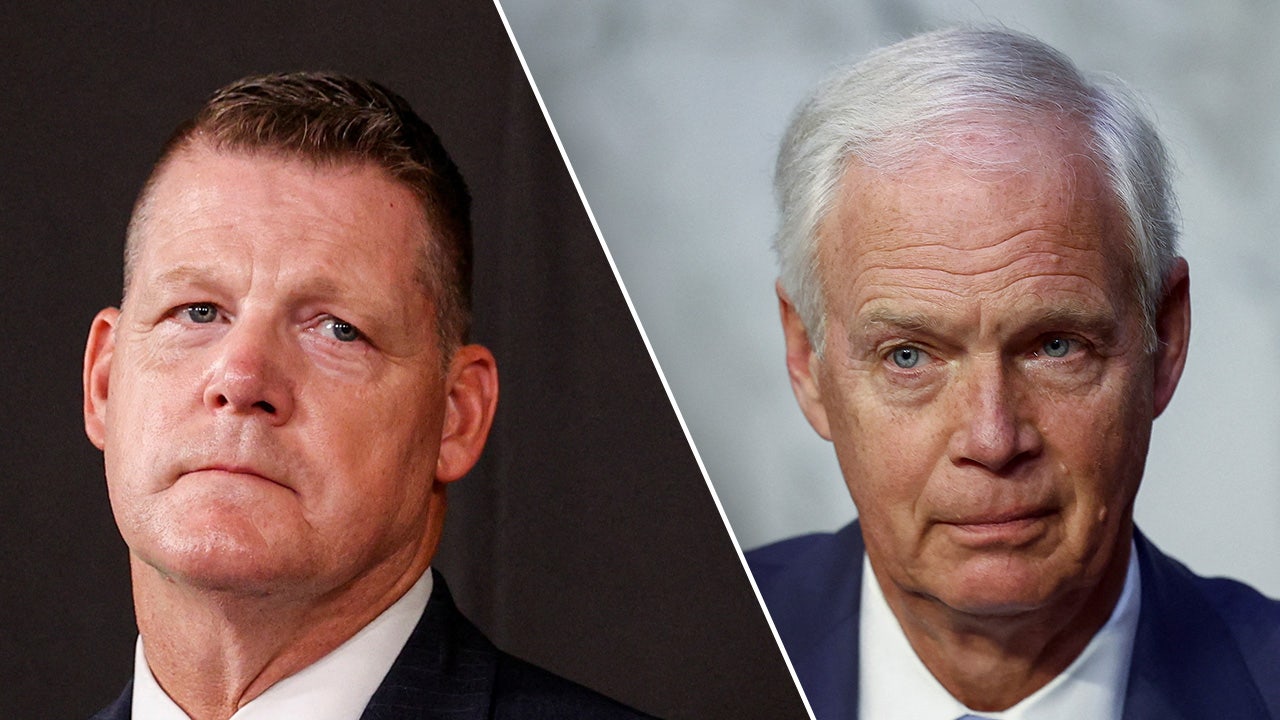
 Politics1 week ago
Politics1 week ago'I've never seen this': Top Republican details level of Secret Service 'lack of cooperation'
-

 Finance1 week ago
Finance1 week agoThis ETF uses ChatGPT to invest like Warren Buffett
-

 News1 week ago
News1 week agoElection 2024 Polls: Florida
-

 News7 days ago
News7 days agoFour killed, dozens injured in Alabama shooting
-
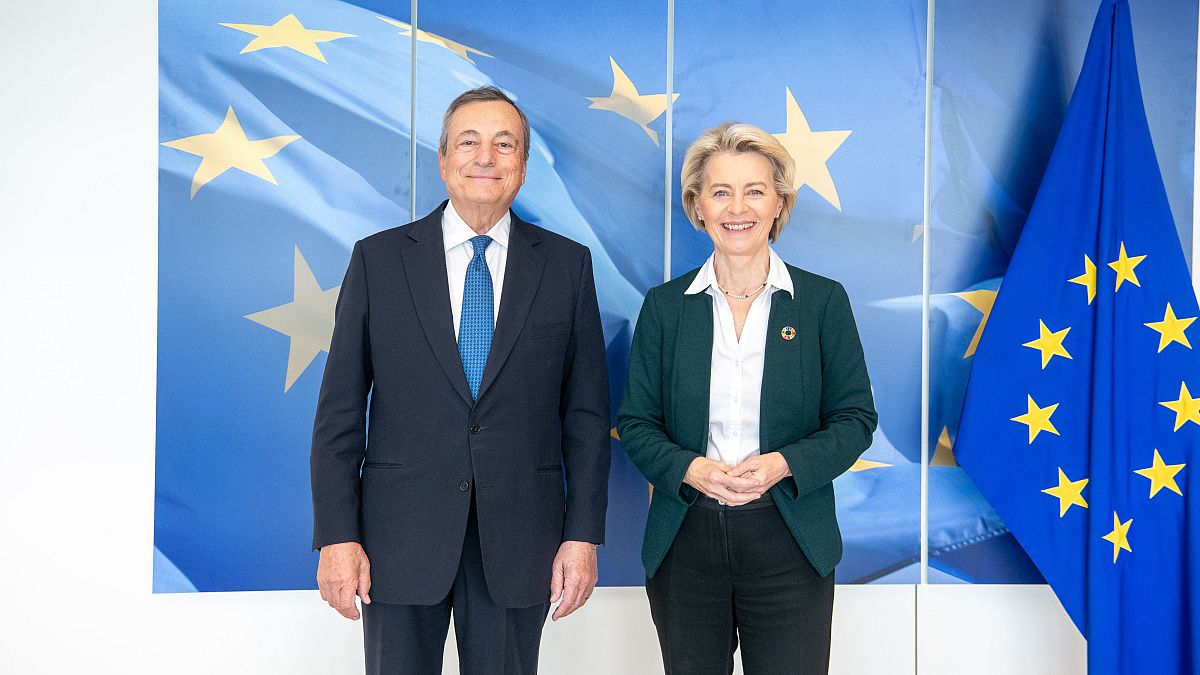
 World1 week ago
World1 week agoCritics slam landmark EU competitiveness report as 'one-sided'




